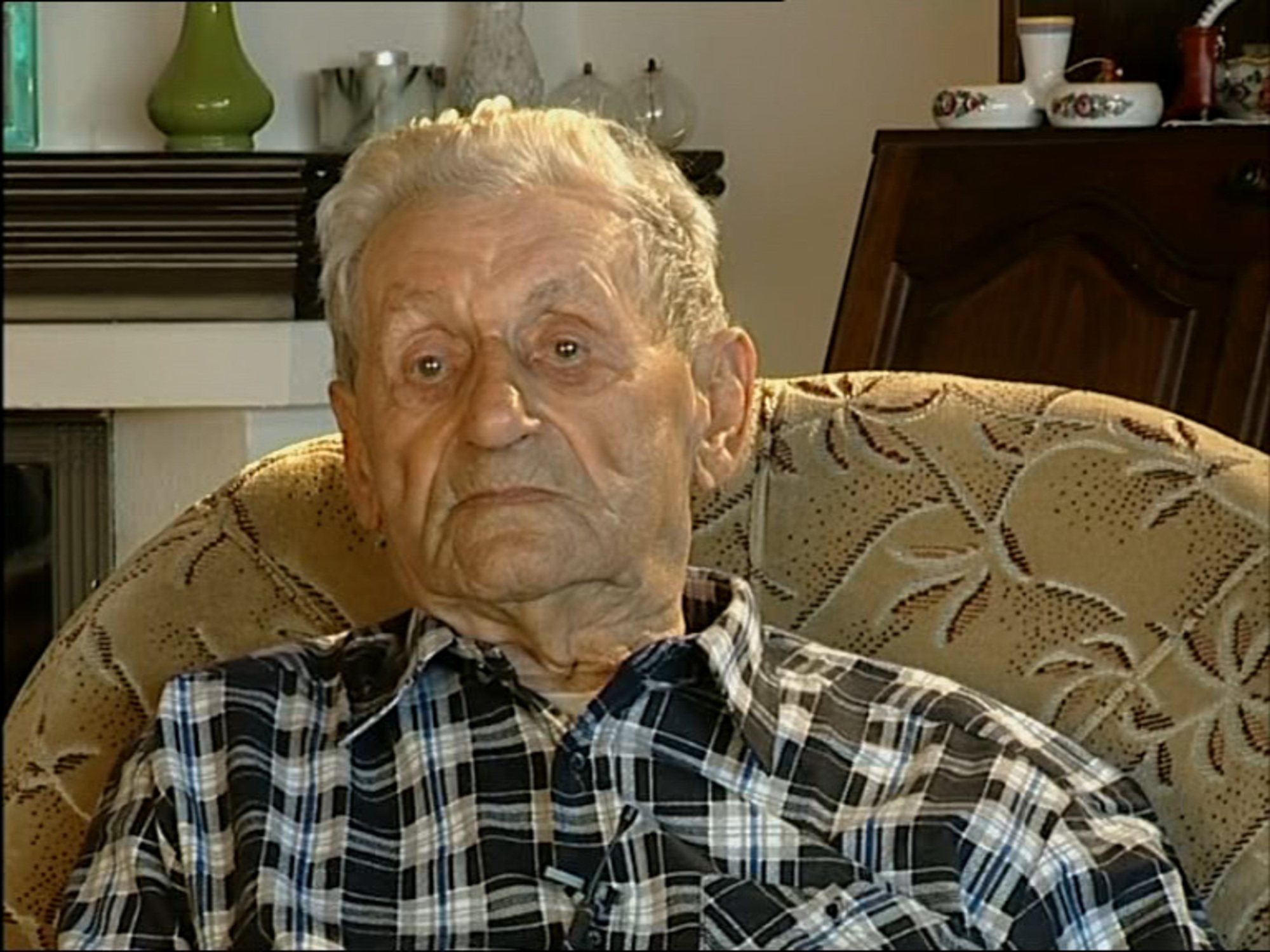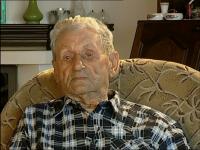“I thought: “May God take me as soon as possible.“ If somebody had told me I would survive that, I would never, never believe him.”

Download image
Juraj Ružbaský was born in 1921. He spent his childhood in a village Veľká Lomnica in the Prešov region. Because he didn´t know his father and his mother died very soon, he had to take care of his own living. Since he was seven years old, he worked very hard as a farm servant at different places, mainly at German farms. There he learnt to speak German and sometimes he was asked to come to local authorities and translate for his masters, because they did not speak Slovak. After the war Russians accused him of translating for German soldiers and from 1945 until 1947 he was in the labour camps Ľvov and Odesa.
